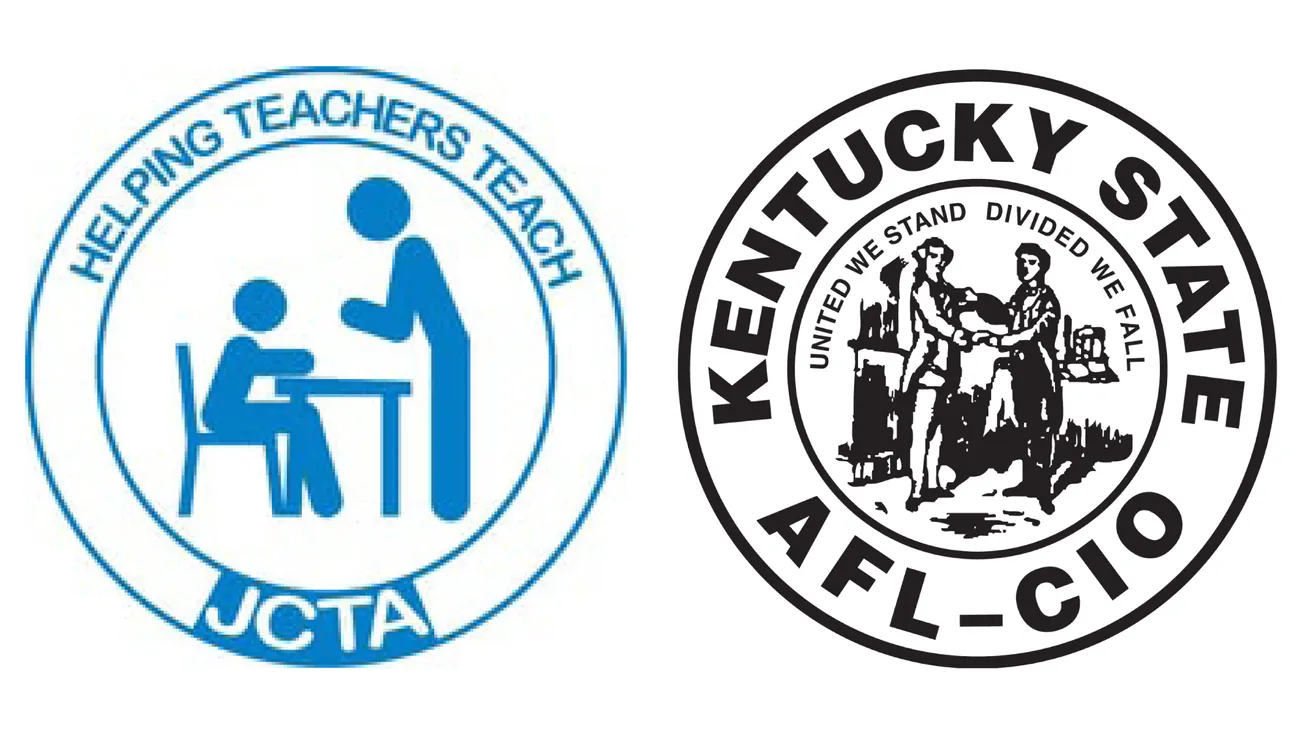Should adults be allowed to promote prayer in U.S. public schools? The hotly debated question has resurfaced as Christian legal campaigns seek to legalize the practice; schools in one Louisiana county may point to what other schools might expect, reports Linda K. Wertheimer for The Hechinger Report, which covers education.
In 2018, four parents sued Bossier Parish schools for promoting religion and coercing students to participate in prayer. They argued that the prayer was a violation of the First Amendment’s establishment clause, which calls for a separation of church and state. The lawsuit listed more than 100 church/state violations, including teacher-led prayer in classrooms, prayer at sporting events and faculty- and administrator-led prayer at graduations.
“It was all flatly unconstitutional,” Richard Katskee, former legal director of Americans United for Separation of Church and State, who represented the Bossier Parish plaintiffs, told Wertheimer.
The plaintiffs won, and a federal judge “ordered the nearly-23,000-student school district to stop promoting religion,” but “A different lawsuit was winding its way through the courts, backed by organizations that had long supported school prayer, over the right of a high school football coach to pray on the field after games,” Werthheimer notes. “Last June, the U.S. Supreme Court ruled 6–3 in favor of the coach, Joe Kennedy, who sued the Bremerton, Washington, school district after it disciplined him when he refused to end the practice of praying at the 50-yard line following games. ... The decision described Kennedy’s prayer as a quiet, personal act,” but Wertheimer reports, “Katskee told me that students who declined to participate ‘got harassed and harangued’.”
Since previous court decisions separate church and state, based on the First Amendment, how can adults legally promote prayer in public schools? The amendment guarantees “free exercise” of religion, so they campaign in the name of religious freedom. Wertheimer writes, “The way they define that freedom could lead to prayer becoming commonplace at public schools.”
With the Kennedy decision, “The other side is emboldened, and the other side is not individuals,” said Andrew Seidel, spokesman for Americans United. “It is a group of well-funded Christian nationalist legal outfits looking for these cases and seizing upon them so they can take them to court.” Wertheimer adds that First Liberty, which helped win the Kennedy case, “rejects the ‘Christian nationalist’ label,” saying it also represents non-Christian religious groups.
“Attorneys from First Liberty and Liberty Counsel, another prominent conservative legal organization, told me the door has opened to bring prayer back to schools across the nation, at least when it comes to school-sponsored events,” Wertheimer reports.
Keisha Russell and Mathew Staver, founder of Liberty Counsel, note that the Kennedy decision “overruled the so-called Lemon test, a three-pronged standard set out in a 1971 ruling that delineated criteria the government must meet in order to comply with the clause defining the separation of church and state. One prong states that the government can assist religion only if there is no ‘excessive entanglement’ between church and state. Justices later generally interpreted this to mean that a public entity cannot endorse religion. Liberty Counsel’s lawyers recently analyzed court rulings since 1971 and found at least 7,000 citations of the Lemon test. Staver said all of those cases must be reexamined. His firm hopes to reverse the 1992 ruling Lee v. Weisman, for example, which prohibited clergy-led prayer at public school graduations partly on the grounds that the graduates in attendance were coerced to participate because they had to be at the event. Staver said that argument no longer holds.”
--30--
Written by Heather Close. Cross-posted from The Rural Blog.







